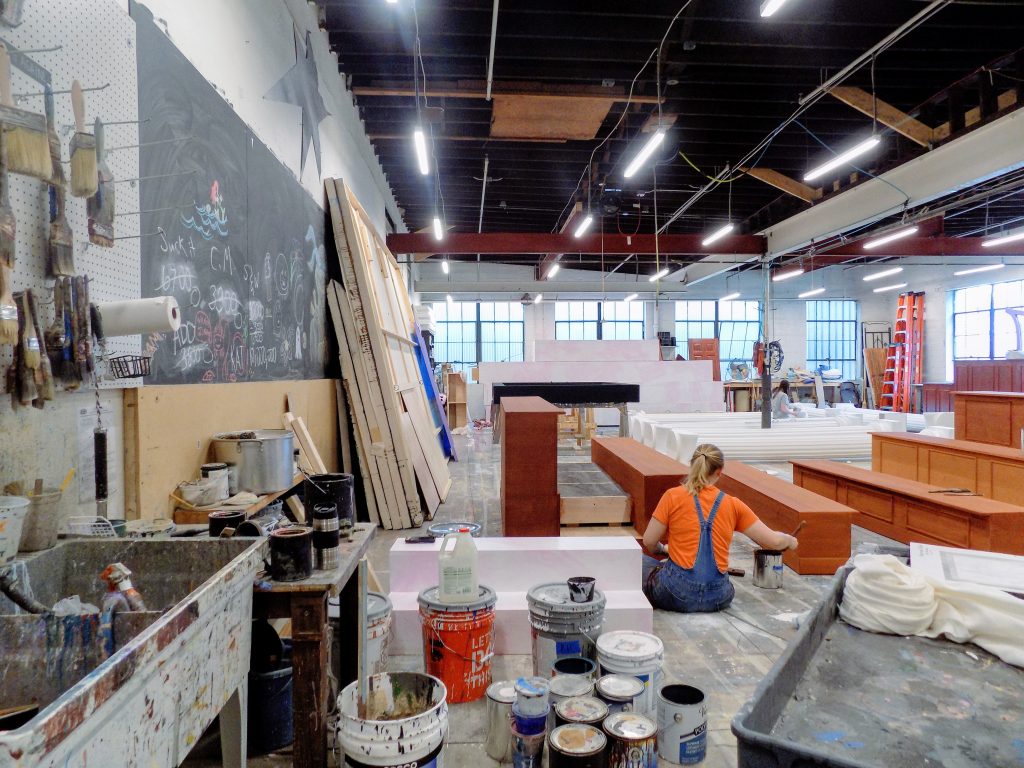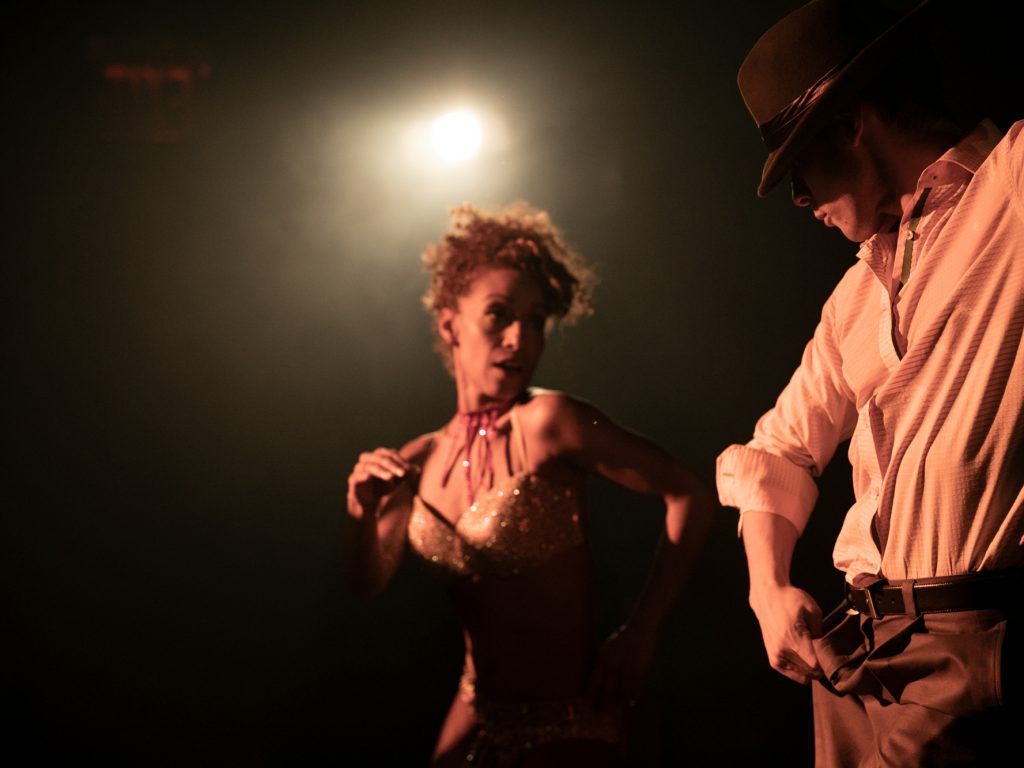Vermont’s Northern Stage Turns Kids into Arts Enthusiasts
The professional theater company is bringing performance into public schools, students into the spotlight and profit into the community

“When you bring children into this space and give them fully professional support, it’s life-changing for them in a way that you just can’t do without the support of a theater like this,” theater company Northern Stage’s Director of Education Eric Love says. Northern Stage—which is situated just off Main Street in White River Junction, Vermont—was conceptualized by Brooke Ciardelli in 1997, but a 2013 restructuring turned it over to new leadership. The new mission aimed to revitalize the center for the local community and the thousands who see the shows they put on each year. Initially, they were borrowing space from a local venue, but since 2015 they’ve called the newly-built Barrette Center for the Arts home—a nearly nine million dollar endeavor that was propelled primarily by donations and post-build support from the Pussycat Foundation. “When I go to other theaters I think, ‘Oh wow, I forgot how good I had it,'” Love continues.

“We’re spending thousands of dollars on their set designs,” Love adds. “Where other theaters would be like, ‘They’re kids, they don’t need it. Just have fun.’ But my motto is, ‘It’s more fun to do great work than it is to have fun.'” Love’s motto is consistent with the Northern Stage’s efforts. Wherein most programs for children expect mishaps and short attention spans, Northern Stage works diligently on multiple fronts to captivate children and to turn them into lifelong arts enthusiasts.

Northern Stage—through their BridgeUP program—brings in union actors, teachers, choreographers and more professionals (this school year they had 16) from New York City and beyond to mentor fourth graders from nine different Vermont and New Hampshire public schools. In a period dedicated solely to this program, kids are introduced to the arts—and there’s no opting out. They are closely instructed from the first introductory class to the moment they’re asked to audition.
“Our mission is to change lives one story at a time, and we actually live and breathe that in everything we do,” Ruby Summers, Northern Stage’s Director of Sales and Marketing, says. “Truly, the kids’ lives are changed. There are students who have not spoken practically all year, and hide in a corner, and all of sudden they’re on stage and performing in front of their friends and family.” The program also enlists students for production roles like prop management and lighting.

“We did this program before we had any official financial assistance from any foundation,” Summers adds. That alone is evidence of the staff’s intentions. From the people responsible for spending thousands of dollars on set designs to the hired teachers and assistants, their primary focus is to present the arts at the highest level.
“What we’re finding is, even with a building as beautiful as this, people go, ‘That’s not for me. I don’t know what theater is, but it’s not for me,'” Love says. “So going to the schools, catching kids before they’ve made decisions about what they want to do, suddenly they blossom and are opened up [to the arts].”

While hundreds of fourth graders are now introduced to their program yearly, this wasn’t always the case. “Northern Stage grew pretty massively, pretty quickly,” Summers explains. “About six years ago, the company was on the edge of financial collapse. The board brought in a whole new leadership team—a new producing artistic director, a new managing director—to try to bring the company back to life. Now we have over 30,000 people visiting White River Junction each year.”

Summers is humble about their efforts, but the company’s growth cannot be understated. From the expansion of their in-school education program to the overflowing list of scheduled shows, it all seems to be paying off—the kids, teachers, auxiliary staff and local community reap the benefits.

“When I started here five or so years ago, White River Junction had one or two restaurants you could maybe go to in the evening,” Summers says. “There were definitely stores but some of the shops were empty. And then all of a sudden it had this rebirth; though Northern Stage is not the whole reason for that, it’s definitely part of it. We try to support our community where we can: we shop for the food for our teachers and kids right down the street at the co-op; our staff almost entirely lives within White River Junction and we have a master lease on about 30 apartments right down the way. Part of the visiting staff’s compensation is living locally. And of course they shop, eat, and participate in the activities around town.”
On the afternoon we stopped by White River Junction, we bounced from store to store, dined at a local restaurant and competed with other visitors for the few parking spots the quaint city offers. In our short time we also learned that, as Summers insists, Northern Stage isn’t solely responsible for this city’s resurgence, but it’s difficult to imagine the setting without it.
Images by Evan Malachosky












